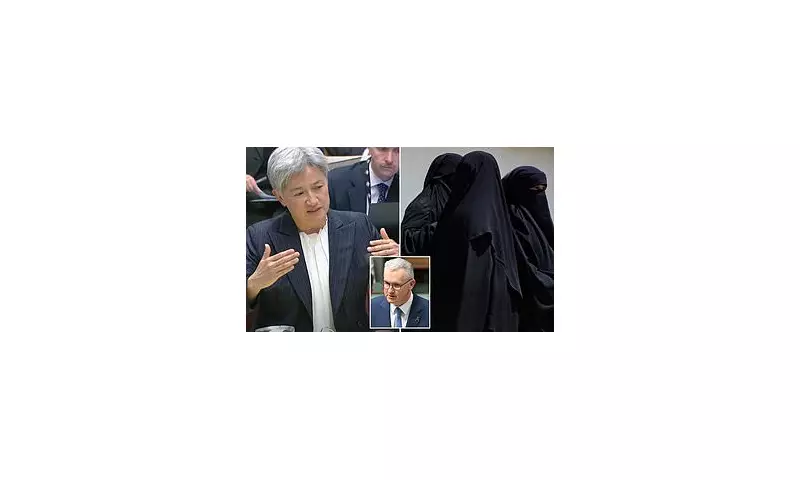
Australian Foreign Minister Penny Wong has ignited a political firestorm after declaring that the government cannot strip citizenship from a woman who willingly travelled to Syria to join the Islamic State terror group.
The controversial stance has drawn fierce criticism from opposition leaders and national security experts who argue it represents a dangerous precedent in dealing with returning terrorists.
Citizenship Controversy Erupts
During a tense parliamentary session, Senator Wong confirmed that the Albanese government believes it lacks the legal authority to revoke the citizenship of the woman, known only as 'ASF23', despite her clear allegiance to the terrorist organisation.
'The government has received very clear legal advice that it is not possible to strip citizenship in these circumstances,' Senator Wong stated, adding that the woman would need to be brought back to Australia if she couldn't be settled elsewhere.
Security Fears Mount
Opposition home affairs spokesperson James Paterson launched a scathing attack on the government's position, warning that it creates a 'dangerous precedent' for handling returning foreign fighters.
'This individual made a conscious decision to travel to Syria, marry an ISIS fighter, and align herself with one of the most brutal terrorist organisations in modern history,' Senator Paterson declared.
Security agencies have expressed serious concerns about the potential threat posed by returning ISIS members, with the woman reportedly showing no signs of disavowing her extremist ideology.
Legal Battle Intensifies
The case has sparked complex legal arguments about citizenship laws and national security powers. Government ministers maintain their hands are tied by existing legislation, while critics argue for stronger measures to protect national security.
Home Affairs Minister Clare O'Neil emphasised that the government follows proper legal processes, stating: 'We make decisions based on law and based on the advice of our security agencies.'
The ongoing legal saga continues to test Australia's approach to handling citizens who have engaged with terrorist organisations overseas.






